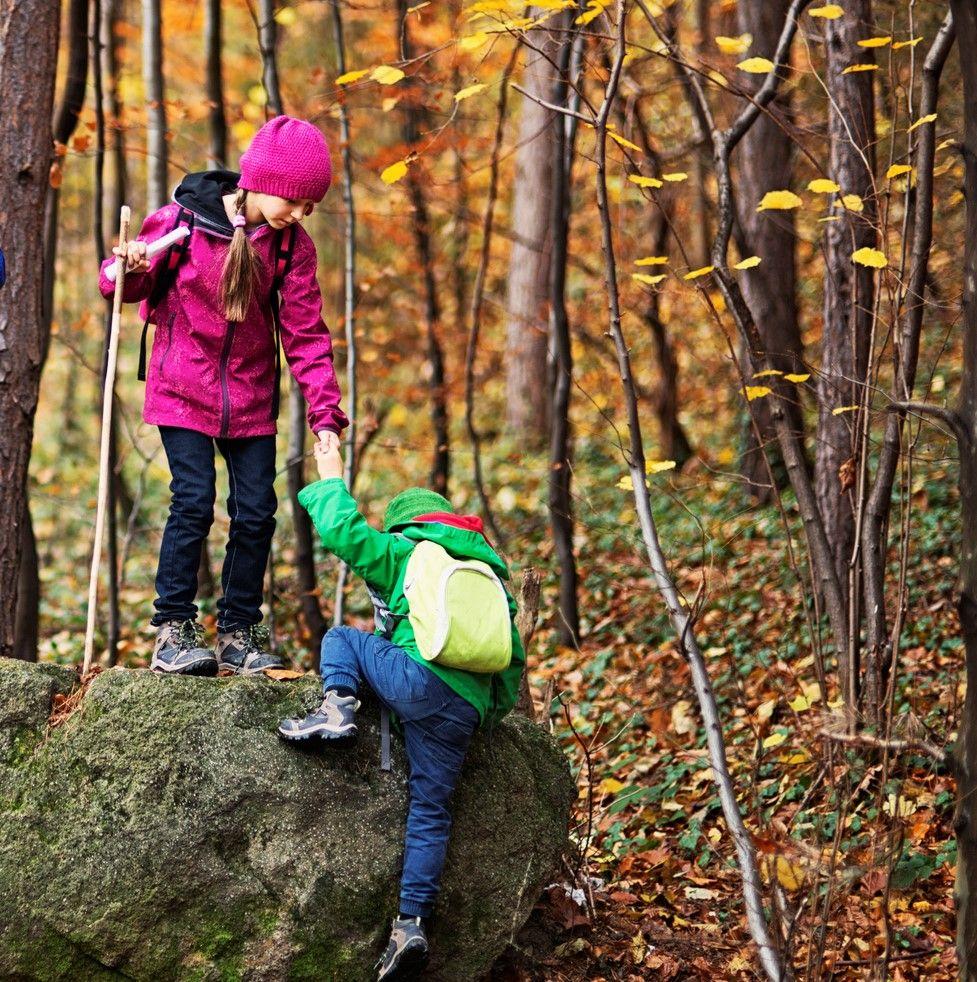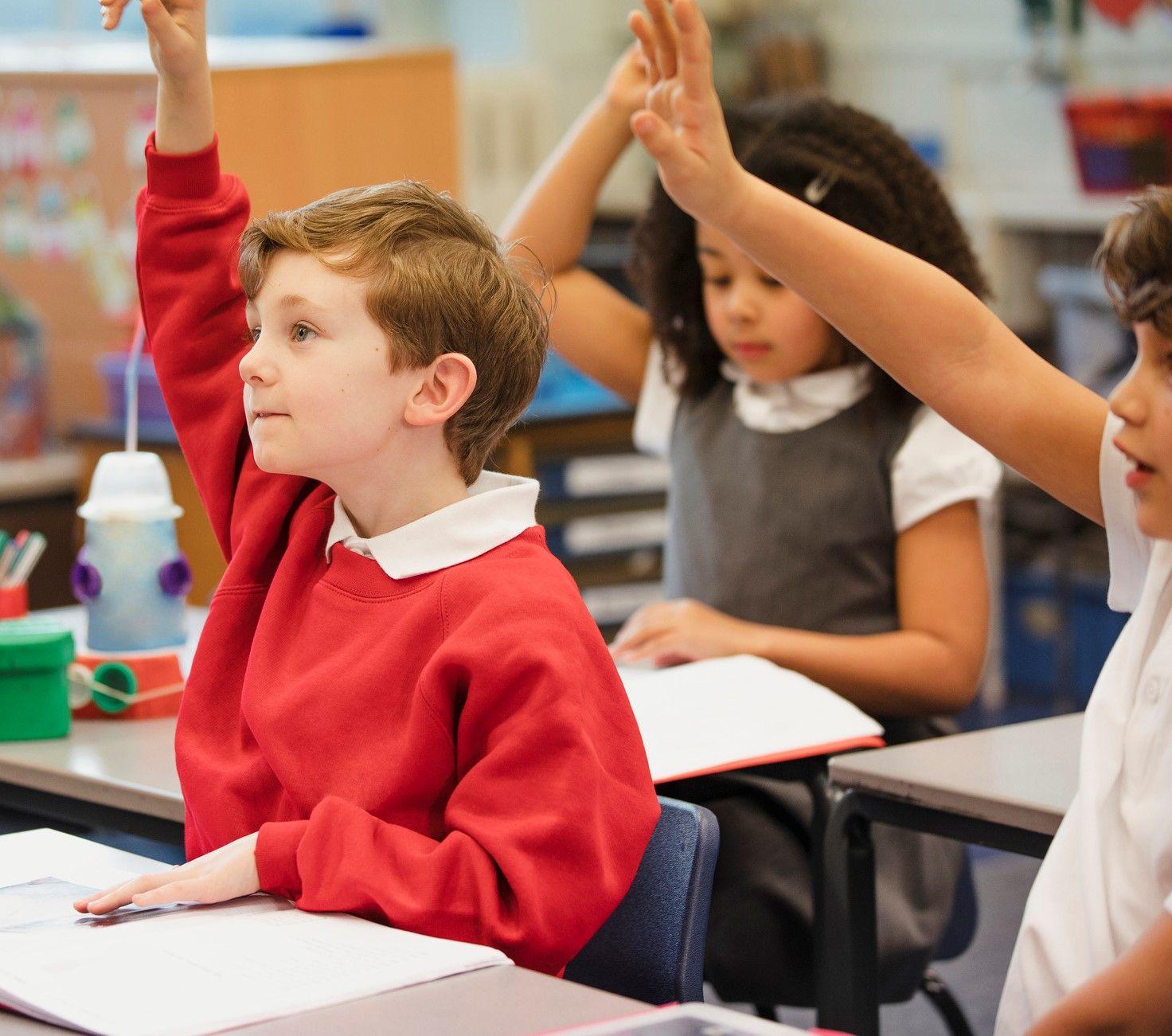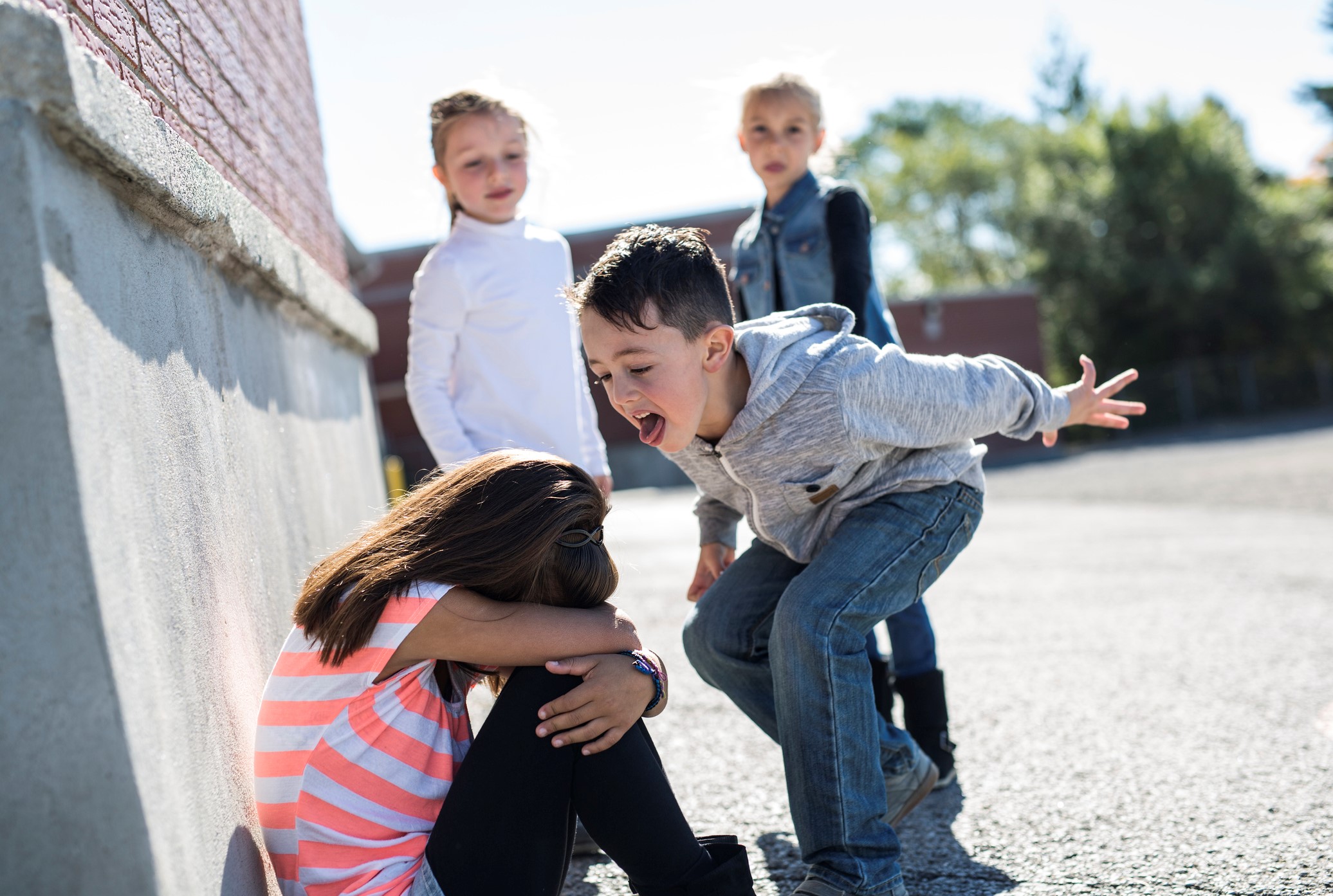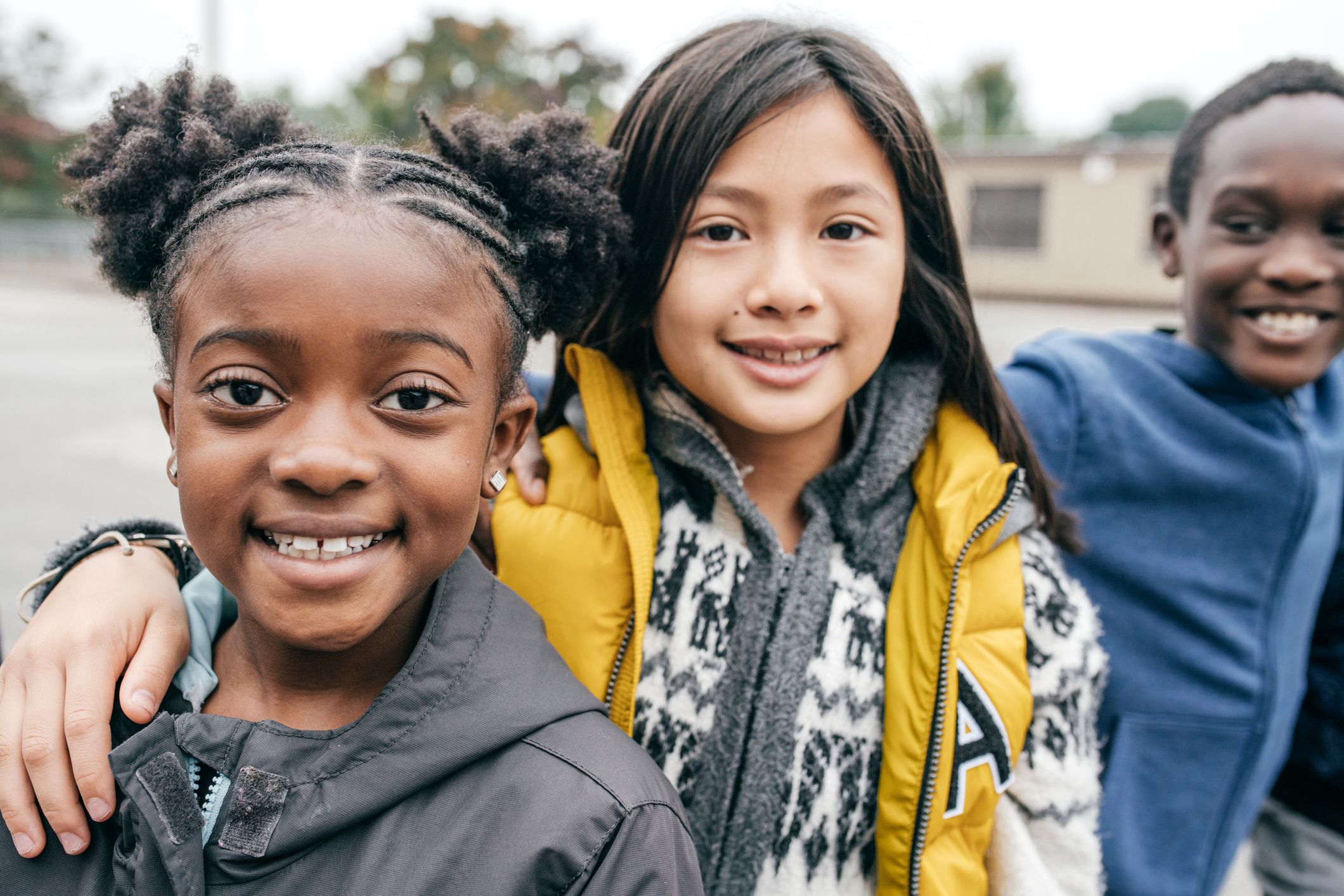Ask the children to unscramble some of the key vocabulary used in the previous lesson.
Learning objective
- To begin to understand that families are very varied, in this country and across the world.
Success criteria
- I understand that families are all different and I should respect these differences.
- I can identify differences and similarities in families in other countries.
- I know that no country will have only one type of family.
Statutory guidance
RSE
Families and people who care for me
Pupils should know:
- That others’ families, either in school or in the wider world, sometimes look different from their family, but that they should respect those differences and know that other children’s families are also characterised by love and care.
Respectful relationships
Pupils should know:
- The importance of respecting others, even when they are very different from them (for example, physically, in character, personality or backgrounds), or make different choices or have different preferences or beliefs.
See RSE Statutory guidance – contains public sector information licensed under the Open Government Licence v3.0.
Cross-curricular links
British values
Mutual respect
- Learn about families worldwide, fostering an appreciation for cultural diversity and different ways of life.
- Promotes an understanding that there is no single “right” way to have a family.
Tolerance of different culture and religions
- Emphasises learning about and respecting different cultural practices and family setups, helping children become more open-minded and accepting of global diversity.
See Promoting fundamental British values as part of SMSC in schools (non-statutory advice) – contains public sector information licensed under the Open Government Licence v2.0.
English
Reading – comprehension
Pupils should be taught to:
- Retrieve and record information from non-fiction.See National curriculum - English - Key stages 1 and 2.
Computing
Pupils should be taught to:
- Use search technologies effectively, appreciate how results are selected and ranked, and be discerning in evaluating digital content
Before the lesson
We are currently working hard on a brand new RSE & PSHE scheme fully aligned to the Relationships Education, Relationships and Sex Education (RSE) and Health Education Statutory guidance published in July 2025 to be taught from September 2026.
This lesson will therefore be replaced for teaching from September 2026.
Check all images, videos, links and presentation slides are suitable for your class.
- Access to the internet.
- Books about families or daily life in different countries.
Print in advance of the lesson.
You may have pupils in your class who need additional support during this lesson because they have issues at home or are looked after children.
It is important to remind pupils that they are looking at imaginary families and they do not need to talk about their own experiences. This can be reinforced by revisiting the ground rules for PSHE lessons.
In this lesson, the children may conduct their own online research. Remind the children about online safety (see ‘KS2 Computing, Year 4 Online Safety Lesson Plans’ ).
Lesson plan
1: Recap and recall
Presentation: Anagrams
2: Attention grabber
Give each child a copy of Activity: Family quiz and ask them to complete it about their family. There are no right or wrong answers; we just examine how different families operate.
Ask the children to share the answers and ask the other children to mark on their list whether they have the same answer or a different answer.
Questions
- What are the similarities and differences between families?
3: Main event
Explain to the children that they will work in groups to learn about families around the world.
Get the children into pairs or groups of three and give each group a copy of the Activity: Families around the world and access to any relevant books and the internet.
Briefly discuss the search terms they can use to help with their online research, including that they will need to include the country’s name each time.
Following their research, the children can share the most interesting information they have found with the rest of the class.
Questions
- What is family life like in other countries?
4: Wrapping up
When you have discussed the different families, stress that these differences should be celebrated.
Discuss that much of the information the children have found about other countries will be average or generalised. Bring this to life by talking about the differences between families in the class or others that children know. Highlighting that there are many different family setups in our country and worldwide. Reinforce again the need to have respect for others.
Questions
- Why must we be careful about the information we find about other countries?
Extended-mode explainer videos
How to extend your display to view the lesson page and preseantion mode simultaneously. Choose your operating system below to watch the video
If you need further support with extending your display,
please contact [email protected].
Extended-mode explainer video: For Mac
Extended-mode explainer video: For Windows
Adaptive teaching
Pupils needing extra support
Should be given specific books, websites and search terms to help with their research.
Pupils working at greater depth
Should look in more detail at variations within a country, e.g. does religion make a difference to how families work.
Assessing progress and understanding
Pupils with secure understanding indicated by: Understanding that families are all different and they offer each other support but sometimes they can experience problems.
Pupils working at greater depth indicated by: Understanding that some problems are easily sorted and that others might need additional help.
Vocabulary definitions
-
culture
The way of life, including customs, traditions, and beliefs, of a group of people.
-
difference
Something that makes one person or thing not the same as another.
-
respect
Treating others kindly and valuing their feelings, beliefs, and opinions.
-
same
Exactly alike or not different in any way.
-
similarity
Something that makes two or more things alike or almost the same.
Example work
In this unit
Assessment - RSE & PSHE Y4: Families and relationships
Lesson 1: Respect and manners
Lesson 2: Healthy friendships
Lesson 3: How my behaviour affects others
Lesson 4: Bullying
Lesson 5: Stereotypes: Gender
Lesson 6: Stereotypes: Disability
Lesson 7: Families in the wider world
Lesson 8: Change and loss





